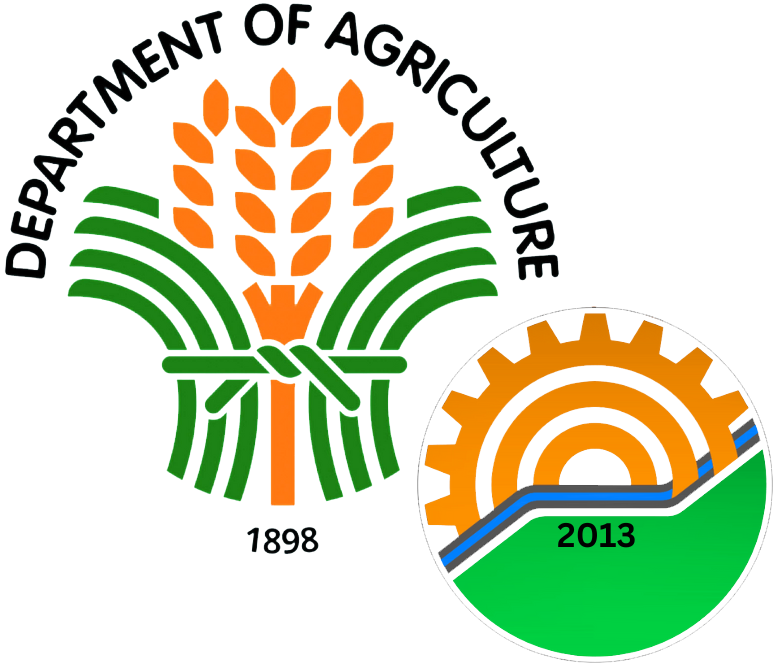

DEPARTMENT OF AGRICULTUREBUREAU OF AGRICULTURAL AND FISHERIES ENGINEERINGSugar Center, Annex II Building Extension, North Avenue, Diliman Quezon City

QUEZON CITY – To enable the agricultural and fisheries sectors withstand the impacts of climate change, the Department of Agriculture – Bureau of Agricultural and Fisheries Engineering (DA-BAFE) is committed on capacitating Agricultural and Biosystems Engineers (ABEs) to design climate-resilient agri-fisheries infrastructure.
Filipino farmers and fisher folk are experiencing a range of negative impacts of climate change including temperature changes and rainfall patterns, frequent extreme weather events, and rising sea levels that disrupts food production, reduce crop yields, and damage infrastructure.

BAFE-EPDSD conducted the Training on Structural Analysis for Vertical and Horizontal Structure using MIDAS Software last July 10-13, 2023 where Technical Support Engineers from MIDAS Philippines (Engr. Mariztel Z. Encomieda, Engr. Benjamin Flores, and Engr. Mark Joseph L. Cariño) served as resource persons and demonstrated the step-by-step procedure of conducting geometric modelling and structural analysis using midas Gen, midas Civil, and Design+. Capacitated during the training activity were 22 technical staff (17 Male, 5 Female) from BAFE-EPDSD and Regional Agricultural Engineering Divisions
The government can help reduce the vulnerability of the agricultural and fisheries sectors to these impacts by designing and building infrastructure that is resilient to the impacts of climate change, said DA-BAFE Director Ariodear Rico. This can include measures such as building flood-resistant storage facilities, designing irrigation systems that can withstand droughts, and constructing coastal defenses to protect against sea level rise.
The structural integrity of agri-fisheries infrastructure projects is important for several reasons. For one, it helps to ensure that these projects are safe, stable, and able to withstand various environmental conditions. This is particularly important in the Philippines, where infrastructure must withstand natural disasters such as typhoons and earthquakes.
In addition, ensuring the structural integrity of agri-fisheries infrastructure projects can help to promote the sustainable development of the agricultural and fisheries sectors. By building infrastructure that is structurally sound, the government can help to support the growth of these industries and improve the livelihoods of farmers and fisherfolk.
DA-BAFE plays a key role in this process by preparing, evaluating, validating, and recommending engineering plans, designs, and technical specifications for agri-fisheries mechanization and infrastructure projects. By doing so, DA-BAFE helps to ensure that these projects are designed and built to meet high standards of structural integrity.
Director Rico emphasized the importance of equipping Agricultural and Biosystems Engineering (ABE) groups with the knowledge and technical skills to conduct structural analysis. Equipping ABE groups with the knowledge and technical skills to conduct structural analysis is important because it enables them to design and evaluate agri-fisheries infrastructure projects that are safe, stable, and able to withstand various environmental conditions.
In line with this, DA-BAFE’s Engineering Plans, Designs, and Specifications Division (EPDSD) conducted a training on structural analysis for vertical and horizontal structures using MIDAS software. Structural analysis is the process of determining the forces, stresses, and deformations that a structure will experience when subjected to loads, such as wind, earthquakes, or the weight of its own materials. By conducting structural analysis, engineers can ensure that a structure is designed to withstand these loads without collapsing or experiencing excessive deformation.
The training, held from July 10-13, 2023, was led by Technical Support Engineers from MIDAS Philippines and attended by 22 technical staff from BAFE-EPDSD and the Regional Agricultural Engineering Divisions (RAEDs).
In the context of agri-fisheries infrastructure projects, this means that engineers can design structures such as irrigation systems, storage facilities, and processing plants that withstand the environmental conditions they will face. This helps to ensure the safety and longevity of these projects, which in turn supports the sustainable development of the agricultural and fisheries sectors.
By equipping ABE groups with the knowledge and technical skills to conduct structural analysis, DA-BAFE is helping to build a pool of skilled professionals who can contribute to the development of safe and sustainable agri-fisheries infrastructure in the Philippines, according to Director Rico who hoped that the training would enable participants to apply their learnings to their work and help improve the lives of Filipino farmers and fisherfolk.
The training provided participants with a comprehensive understanding of structural behavior before and after load applications, enabling them to design economical, structurally stable, and climate-resilient agri-fisheries infrastructure projects. EPDSD plans to develop a detailed procedural manual on structural analysis to serve as a reference for DA implementing units. ###DA-BAFE ICTST
Edited by: Mr. Marshall Louie M. Asis, MC
Photo and text by: Engr. Dexter Fulgar and Engr. Alexander Nicole Tan, BAFE-EPDSD